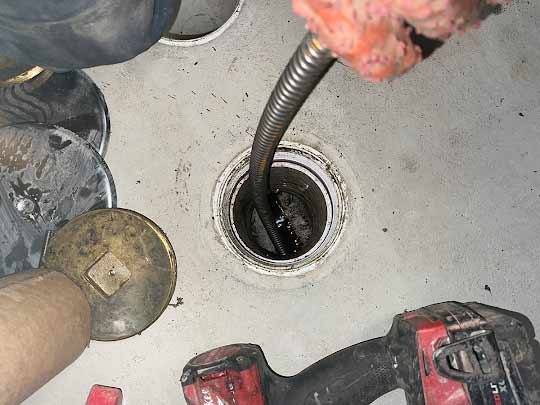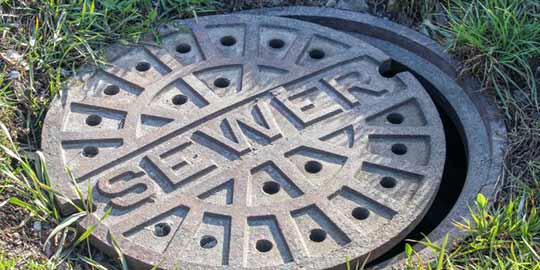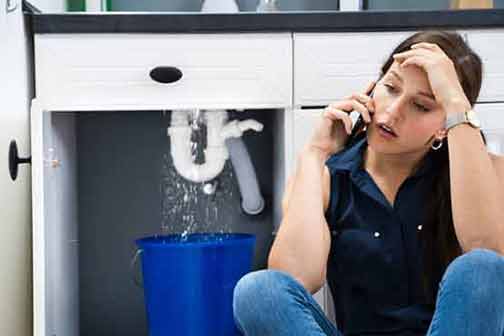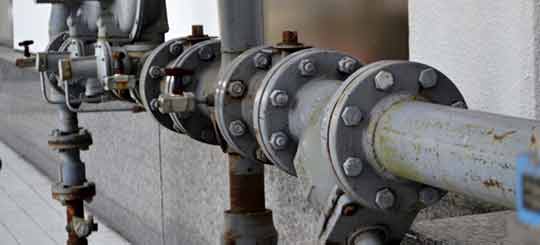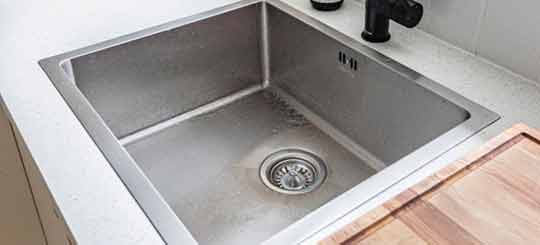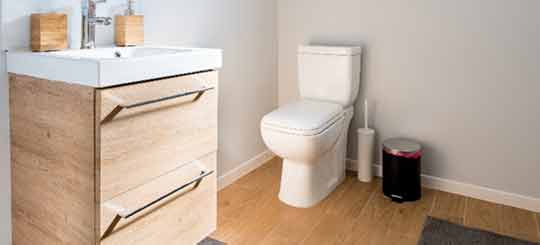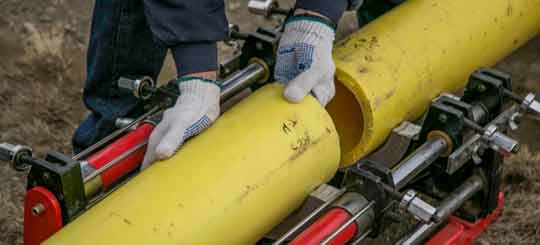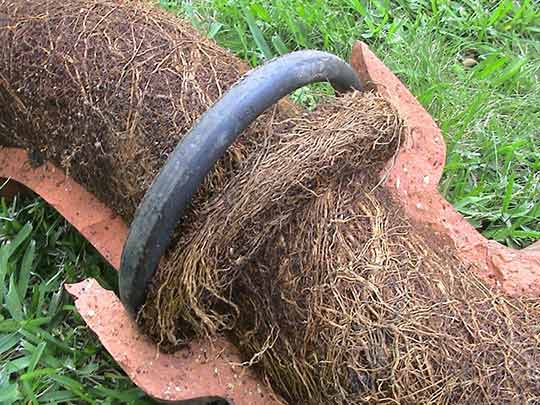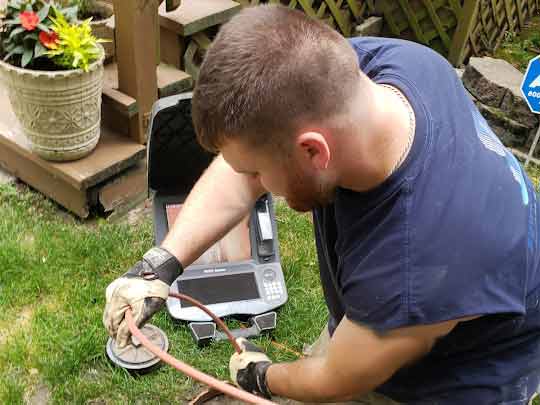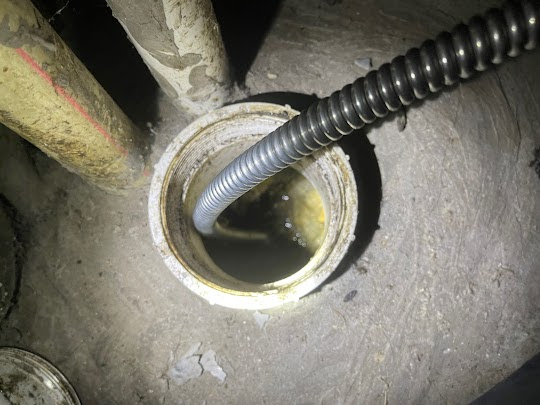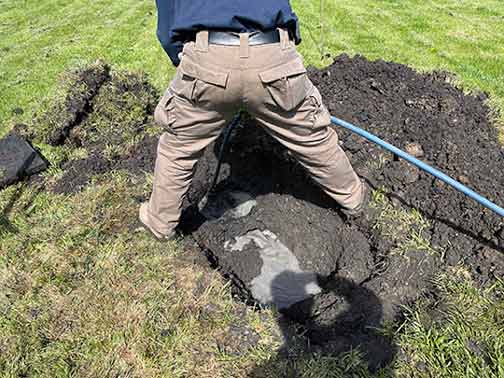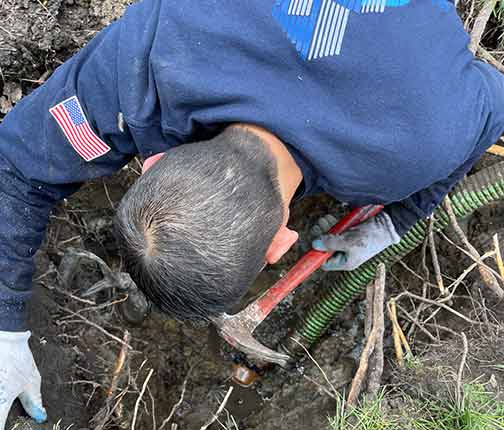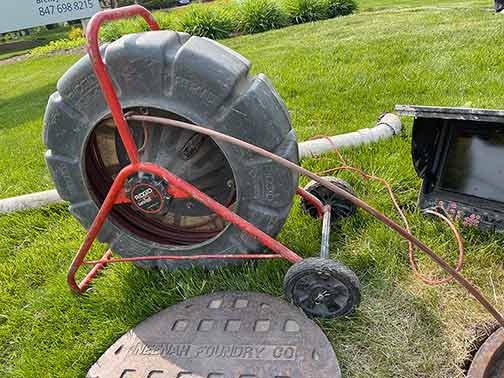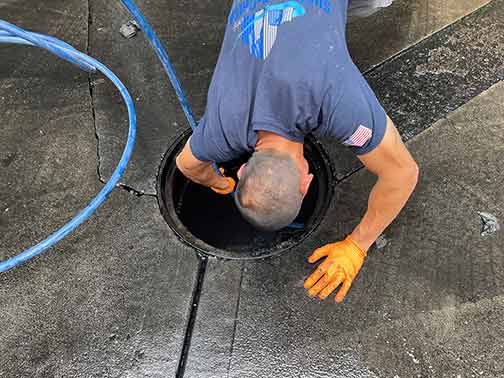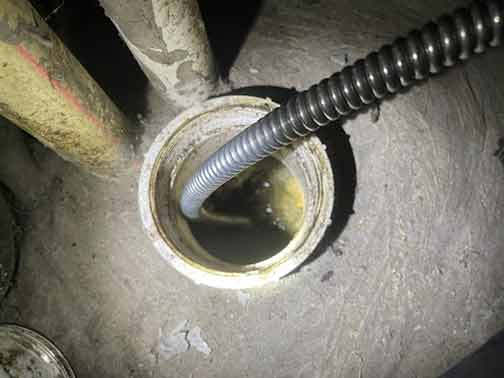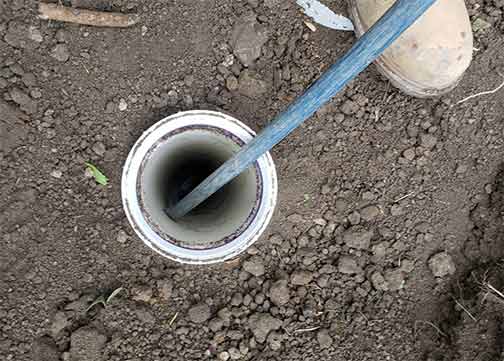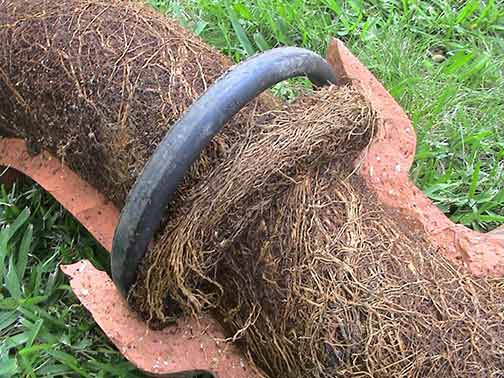Chicago, known as the Windy City, is a bustling metropolis with a vibrant cityscape and a rich cultural heritage. However, like any other city, Chicago faces its fair share of challenges when it comes to maintaining its infrastructure. One of the most common issues that residents encounter is a clogged sewer main line.
The Importance of a Properly Functioning Sewer Main Line
A properly functioning sewer main line is essential for the functioning of any city. It is responsible for carrying wastewater from homes, businesses, and public facilities to the treatment plants where it is processed and treated before being released back into the environment. A clogged sewer main line can lead to a host of problems that can disrupt daily life and pose health hazards to residents.
When a sewer main line becomes clogged, wastewater can back up into homes and businesses, causing extensive damage and creating unhygienic conditions. The foul odor associated with a clogged sewer is not only unpleasant but also detrimental to the well-being of those living and working in the affected area. Additionally, untreated wastewater that overflows from a clogged sewer can contaminate the environment, polluting water sources and posing a threat to public health.
The Causes of a Clogged Sewer Main Line
Several factors can contribute to a clogged sewer line in Chicago. These include:
- Tree Roots: The extensive root systems of trees can infiltrate sewer pipelines over time, causing blockages and even pipe damage.
- Grease and Fat: Improper disposal of grease and fat down drains can lead to the accumulation of these substances in sewer lines, eventually causing clogs.
- Foreign Objects: Flushing items such as diapers, sanitary products, and paper towels down the toilet can lead to blockages in the sewer main line.
- Aging Infrastructure: Over time, sewer pipes can deteriorate and collapse, creating obstructions in the main line.

An unpleasant odor emanating from drains or toilets can be a sign of a clogged sewer.
Signs of a Clogged Sewer Main Line
It is important for residents of Chicago to be aware of the signs that indicate a clogged sewer main line. Recognizing these signs early on can help prevent further damage and costly repairs. Some common indications of a blocked sewer line include:
- Drainage Issues: Slow draining sinks, showers, or toilets may indicate a clog in the sewer main line.
- Foul Odor: An unpleasant odor emanating from drains or toilets can be a sign of a clogged sewer.
- Gurgling Noises: Unusual gurgling or bubbling sounds coming from drains when using water appliances may indicate a blockage.
- Backed-Up Sewage: Sewage backup in toilets, sinks, or drains is a sure sign of a blocked sewer line.
Prevention and Maintenance
While a clogged sewer line can be a hassle to deal with, there are steps that can be taken to prevent such issues from occurring in the first place. Regular maintenance and proper usage of drains and toilets can go a long way in preventing blockages. Here are some preventive measures:
- Be Mindful of What Goes Down the Drain: Avoid disposing of grease, fat, or large food particles down the drain as they can contribute to clogs.
- Use Drain Covers: Placing drain covers or strainers over all drains can catch hair, food particles, and other debris before they enter the sewer lines.
- Dispose of Waste Properly: Only flush toilet paper down toilets and avoid flushing anything else, including wipes, diapers, and feminine hygiene products.
- Regular Inspections: Periodic inspections by professional plumbers can help identify potential issues and address them before they escalate.
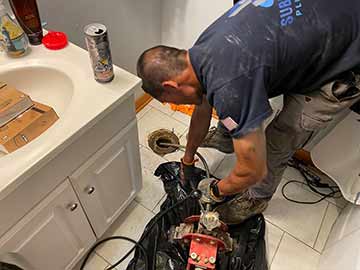
Regular maintenance and proper usage of drains and toilets can go a long way in preventing blockages
Professional Help for Clogged Sewer Main Line
If you suspect a clogged sewer main line in your Chicago home or business, it is essential to seek professional help. Attempting to resolve the issue yourself can often lead to further damage or incomplete repair. Professional plumbers have the knowledge, experience, and specialized equipment to efficiently diagnose and fix clogged sewer main lines.
When hiring a plumbing professional, ensure they are reputable, licensed, and insured. It is also beneficial to inquire about their experience in handling sewer main line clogs specifically. Prompt action is crucial when dealing with a blocked sewer line, as delays can exacerbate the problem and result in additional complications and expenses.
Conclusion
A clogged sewer main line is undeniably one of the most common sewer problems faced by residents of Chicago. Understanding the causes and signs of a clog is essential for prevention and early detection. By adopting preventive measures and seeking professional assistance when needed, residents can avoid the inconveniences and health risks associated with a clogged sewer main line. Maintaining a properly functioning sewer system is crucial for the overall well-being of the city and its residents.
